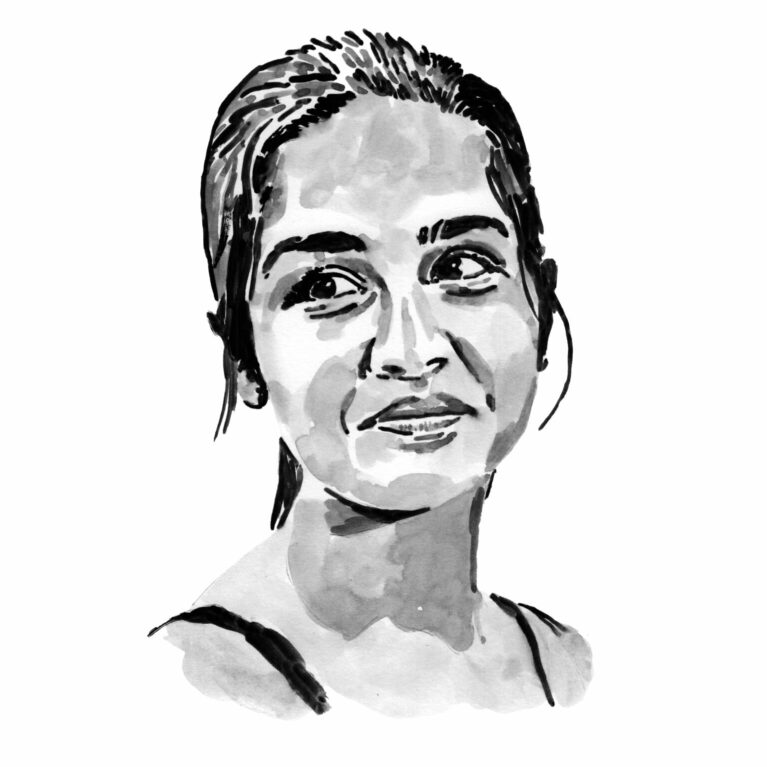Nimna Wickramasingha

Who I am
Having grown up in the city of Colombo, Sri Lanka, my connection with nature was often fragmented. Through the years, fireflies that filled my garden at night slowly disappeared, I saw fewer endemic civet cats, and the beach I often visited changed overnight because of an ill-informed attempt to improve it. This made me wonder about humans’ interactions with nature and all things ecological. The experiences that solidified my interest in marine ecology were snorkelling with black-tip reef sharks and scuba-diving along Sri Lanka’s east coast. When I began my undergraduate degree at the University of Leeds in 2021, I jumped at any opportunity to gain field experience. The Laidlaw Research and Leadership Programme gave me those opportunities, including volunteering with Love the Oceans in Mozambique. There I worked closely with the community to gather fisheries and coral reef data while also enjoying the unforgettable experience of diving with guitarfish and humpback whales. This was followed by an internship with sustainable development firm Arup as an ecology consultant in 2023–2024. I was impressed by how data, policy and legislation were integrated into development projects to protect UK wildlife. I am now eager to bring these experiences back to Sri Lanka, in the hope of understanding and protecting the immense biodiversity lurking beneath our waves.
Where I work
I work in Valaichchenai and Kalkudah, located in Batticaloa in Sri Lanka’s Eastern Province. With 172 fishing villages, Batticaloa has an economy that is heavily dependent on fisheries. Most fishermen are artisanal, using one-day or multi-day boats and fishing across diverse habitats, including lagoons, coastal waters and the deep sea. The Valaichchenai lagoon, home to species like mangrove whiprays and stripenose guitarfish, is a crucial area for smaller boats. It supports an extensive coastal wetland system, including mangroves and sea-grass habitats. Near our project site is the Kayankerni Marine Sanctuary, a key refuge for coral reef biodiversity on the east coast and an essential resource for artisanal fishermen, despite the decline in fish species. Fishing communities in this region face socio-economic and environmental challenges, such as overfishing and limited economic alternatives. To balance conservation efforts with secure livelihoods for artisanal fishermen, comprehensive data are needed to inform effective policies in the area.
What I do
My work involves collecting observational data on catches at the Valaichchenai and Kalkudah landing sites, along with wastewater samples for eDNA analysis. The wastewater will be sourced from wharf washings and boat holds. The samples will be collected using sterile equipment and filtered on the same day to avoid cross-contamination and DNA degradation. I will be staying at the research station of our collaborator, Blue Resource Trust (BRT), for the duration of the field work. During this time I hope to engage closely with the fishermen and provide support to BRT’s marine research, conservation and management initiatives. After three months of sampling, I will extract and sequence the DNA at the University of Leeds’s sequencing facility. We will be using globally successful molecular methods to test their sensitivity to Sri Lanka’s endemic biodiversity. We will then use statistical tests to compare the community composition from the DNA analysis with the observational data, along with other variables. We will ultimately assess the effectiveness of eDNA in monitoring landing sites and complementing visual surveys.
